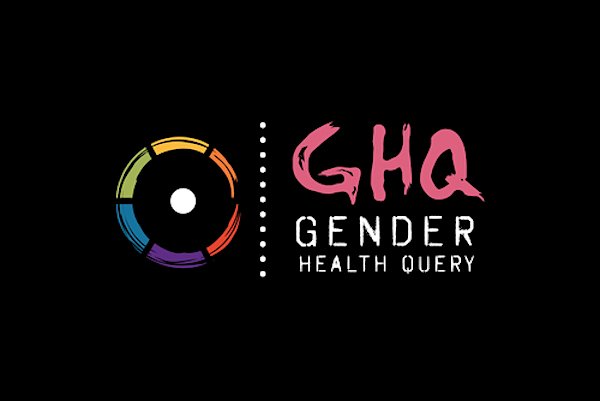New Study Linking Conversion Therapy to Depression in Trans Adults & Criticism
News
Affirmative model advocate Jack Turban released a study linking suicide risk to childhood conversion therapy.
Findings In a cross-sectional study of 27 715 US transgender adults, recalled exposure to gender identity conversion efforts was significantly associated with increased odds of severe psychological distress during the previous month and lifetime suicide attempts compared with transgender adults who had discussed gender identity with a professional but who were not exposed to conversion efforts. For transgender adults who recalled gender identity conversion efforts before age 10 years, exposure was significantly associated with an increase in the lifetime odds of suicide attempts.
The study was also criticized for having poor methodology by health professionals/scientists:
Misinterpretation of the findings of this study may limit safe, ethical treatment options for gender-questioning and gender-diverse people:
Prof Richard Byng, PhD, University of Plymouth, UK
William J Malone, MD St. Luke’s Endocrinology and Diabetes Clinic, Twin Falls, ID.
Prof David Curtis, PhD, Queen Mary University of London, UK
The study by Turban and colleagues reports that previous exposure to “gender identity conversion efforts (GICE)” is associated with suicidality among transgender-identifying adults. While the large sample size is a strength, the authors underplay the serious methodological weaknesses, particularly the likely confounding effects of co-existing mental health problems. They then take this association and in the abstract and conclusion seek to imply causation. Hence, the findings could mislead frontline clinicians and public policymakers alike.
The key limitation is that the study did not control for comorbid psychiatric illness, the greatest single predictor of suicidality. While mental health conditions are acknowledged as confounders, they are declared unlikely based on the spurious idea that this would require internalized transphobia. Rather, it seems likely that professionals encountering persons with gender dysphoria (GD) and significant mental health problems were more likely to engage in conversations about the merits of transition, which may later be recalled as a conversion effort. Thus, the association found is arguably more likely due to reverse causation.
Another limitation is that the study data are from a convenience sample of current transgender-identifying individuals, rather than all persons with a history of GD. The sample is highly unlikely to have captured individuals exposed to GICE who subsequently adopted a gender identity concordant with their biological sex. Thus, these data cannot be generalized to individuals as they present with GD.
Prepubertal-onset GD has a high rate of remission, while desistance of GD among those in adolescence with recent onset GD, the increasingly dominant presentation, is as yet unknown. We oppose coercive or unwanted deliberate attempts to change an individual’s gender identity and propose that a range of neutrally framed, supportive therapies and consultative approaches, which are neither affirmation nor conversion, be evaluated in randomized controlled trials. Outcomes of noninvasive treatments should be compared to those of “gender-affirmative models of care,” entailing hormonal and surgical interventions which are associated with increased heart disease, impairments in bone density, infertility, and high rates of suicide over the long term.
References
1. Turban J, et al. Association Between Recalled Exposure to Gender Identity Conversion Efforts and Psychological Distress and Suicide Attempts Among Transgender Adults. JAMA Psychiatry. 2019:1. doi:10.1001/jamapsychiatry.2019.2285
2. Franklin J, et al. Risk factors for suicidal thoughts and behaviors: A meta-analysis of 50 years of research. Psychol Bull. 2017;143(2):187-232. doi:10.1037/bul0000084
3. Steensma T, et al. Factors Associated With Desistence and Persistence of Childhood Gender Dysphoria: A Quantitative Follow-Up Study. Journal of the American Academy of Child & Adolescent Psychiatry. 2013;52(6):582-590. doi:10.1016/j.jaac.2013.03.016
4. Dhejne C, et al. Long-Term Follow-Up of Transsexual Persons Undergoing Sex Reassignment Surgery: Cohort Study in Sweden. PLoS ONE. 2011;6(2):e16885. doi:10.1371/journal.pone.0016885”
References:
Turban J.L., Beckwith N., Reisner S.L., Keuroghlian A.S. (2019). Association Between Recalled Exposure to Gender Identity Conversion Efforts and Psychological Distress and Suicide Attempts Among Transgender Adults. JAMA Psychiatry(11), 1-9. doi:10.1001/jamapsychiatry.2019.2285
In Trans Youth Suicide, Conversion Therapy Laws Tags trans mental health


